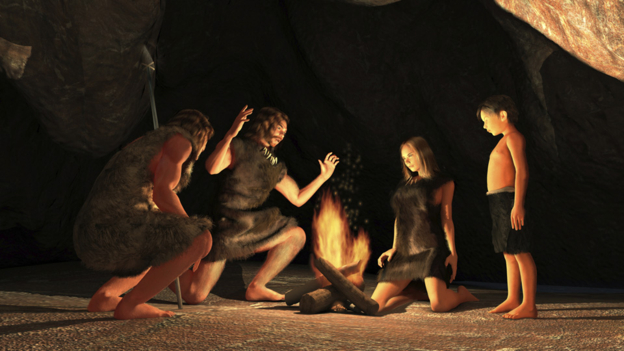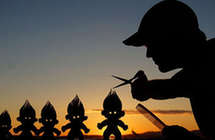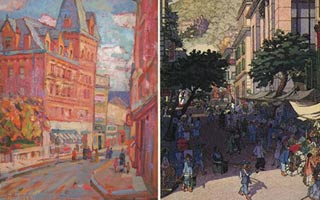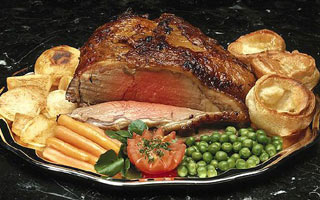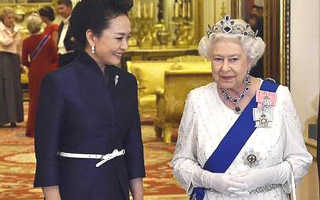文字稿
美国研究人员对与我们祖先生活方式相似的非洲和南美洲社会居民的睡眠习惯进行了调查研究。研究表明我们祖先的睡眠时间可能少于我们。以下是 Rebecca Morelle 的报道。
From artificial lights to late-night TV and now our smartphones, modern life is often blamed for ruining our sleep. But this study suggests our ancestors didn't get any more sleep than we do.
The researchers monitored traditional societies in Namibia, Tanzania and Bolivia, where people live like ancient hunter-gatherers once did. They found they slept on average six and a half hours a night.
Surprisingly, natural light didn't have as big an influence as was thought. Most people fell asleep hours after sunset. However, temperature was important. The morning's coldest point was when most people woke up.
Insomnia was also extremely rare.
词汇表
artificial lights 人工照明
ruining 破坏
traditional 传统的 (这里指古老的、远古社会)
hunter-gatherers 依靠狩猎为生的人
natural light 自然光
insomnia 失眠
测验
请听报道并回答下列问题。
1. Which factors were said to make us sleep less in the 21st century?
2. Why did the researchers study societies in Tanzania?
3. True or false? People fell asleep as soon as it got dark.
4. True or false? Heat was more important than light in influencing sleeping patterns.
答案
1. Which factors were said to make us sleep less in the 21st century?
Artificial lights, late-night TV and smartphones.
2. Why did the researchers study societies in Tanzania?
Because they found societies which live in a similar way to ancient hunter-gatherers.
3. True or false? People fell asleep as soon as it got dark.
False. People fell asleep hours after it got dark.
4. True or false? Heat was more important than light in influencing sleeping patterns.
True. According to the report, natural light was not a big influence, but temperature was – people woke up at the coldest point of the morning.

